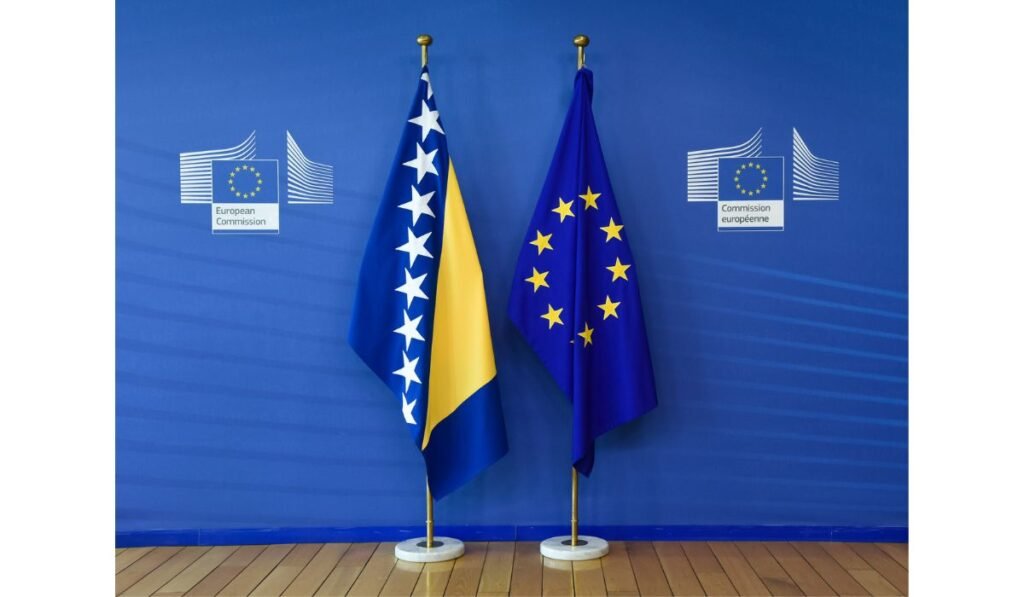Bosnia-Herzegovina’s journey towards EU accession has seen notable advancements in recent years. The country’s commitment to implementing necessary reforms and aligning with EU standards has been commendable. Efforts to strengthen democratic institutions, improve governance, and enhance the rule of law have been pivotal in fostering closer ties with the European Union. Additionally, Bosnia-Herzegovina’s engagement in regional cooperation initiatives has demonstrated its dedication to fostering stability and prosperity in the Western Balkans.
Moreover, the EU has recognized Bosnia-Herzegovina’s progress and has reiterated its support for the country’s accession aspirations. Through various assistance programs and initiatives, the EU has provided crucial financial and technical support to facilitate Bosnia-Herzegovina’s integration process. Furthermore, bilateral relations between Bosnia-Herzegovina and EU member states have flourished, paving the way for enhanced cooperation in areas such as trade, security, and education. These partnerships have not only contributed to Bosnia-Herzegovina’s socio-economic development but have also strengthened its candidacy for EU accession.
As Bosnia-Herzegovina continues its journey towards EU accession, it faces certain challenges and obstacles that must be addressed. Persistent political divisions and ethnic tensions have at times hindered progress and impeded the implementation of necessary reforms. Additionally, socio-economic disparities and structural weaknesses remain key areas of concern that require sustained attention and concerted efforts. However, with unwavering determination and continued support from both domestic stakeholders and the international community, Bosnia-Herzegovina remains on course to realize its goal of EU accession. The country’s advancement on the path to EU accession is not only a testament to its resilience and commitment to European integration but also a promising sign for the future of the Western Balkans region.
read more
image source








